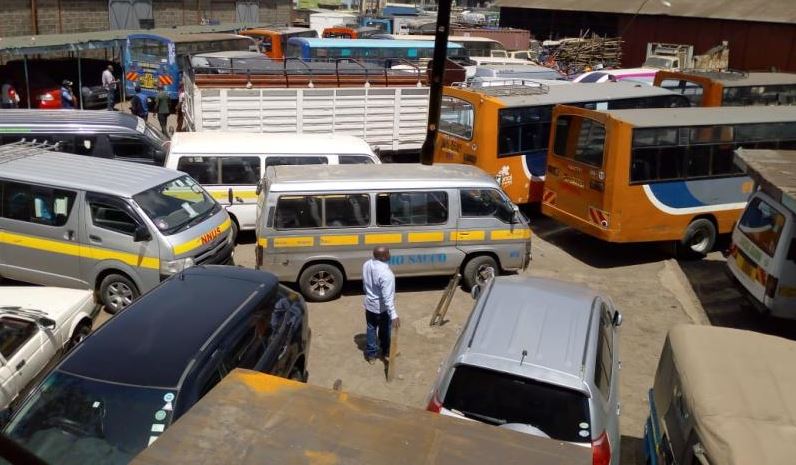×
The Standard e-Paper
Join Thousands Daily

30 passengers were on Monday arrested along Jogoo road and charged at the Makadara Law Courts following a matatu crackdown on safety belt measures.
The passengers were slapped with a penalty of Sh500 each for not fastening their seat belts, a move most decried as unlawful.